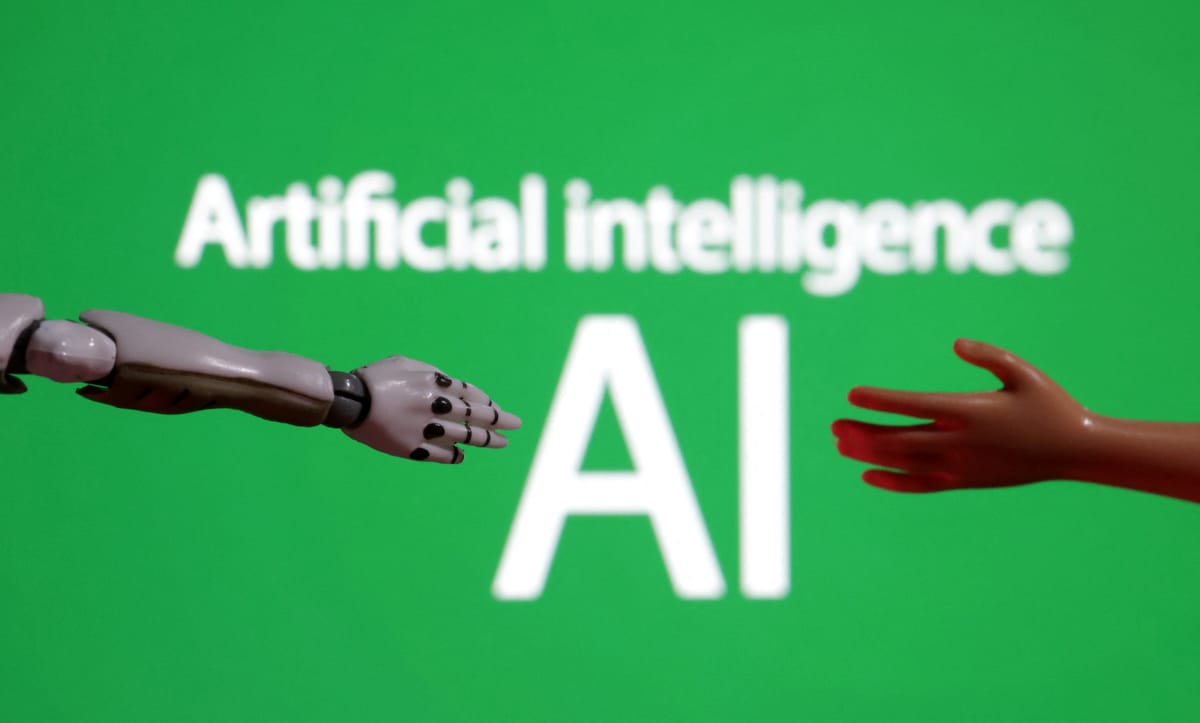Can AI predict when you’ll die?
Researchers are exploring how generative AI large language models might be able to accurately predict human life expectancy.

A few minutes every morning is all you need.
Stay up to date on the world's Headlines and Human Stories. It's fun, it's factual, it's fluff-free.
The backstory: Yesterday, we explained how artificial intelligence (AI) can be used to prompt end-of-life care by giving an idea of when a terminally ill patient is reaching the end of their natural life. It makes sense that we might also want to see if AI could predict when we’ll die in general. Humans have been trying to accurately predict this kind of thing for ages. For instance, life insurance companies use algorithms to get an idea of someone’s life expectancy for the sake of pricing all the time. There are existing transformer AI systems that have tried to more accurately pinpoint life expectancy and events. But the science has been a little shaky, and this earlier form of input-output AI isn’t accurate enough to really be depended on.
The development: Researchers at the Technical University of Denmark just published a study exploring how generative AI large language models (LLMs) (think ChatGPT) can be used to better predict human life sequences. The system is called life2vec. The team used a massive dataset from Denmark covering the education, medical visits and diagnoses, income and job info for 6 million people from 2008 to 2020. This dataset was then translated into words and fed to life2vec. With this library of info, the LLM could then statistically predict what should come next in the dataset – in this case, a person’s life. By looking at human life as a story, an LLM might be able to sequence a “plot” for a specific person based on patterns detected in the 6 million other lives it’s analyzed.
To test it, the team gave life2vec data on people from 35 to 65 years old – half who’d died between 2016 and 2020 – and had it predict who lived and who died. At the end of the day, life2vec was around 11% more accurate at making predictions than older AI models and life insurance algorithms. Of course, there are still ethical concerns with using something like life2vec for insurance purposes, and scientists are also worried about security and privacy. But, life2vec could be foundational for future work in areas like health care, as it could be used to predict disease risk for certain populations and demographics.
Key comments:
“I think it raises more questions than it answers,” says Matthew Salganik, a sociologist at Princeton University who wasn’t involved in the study. “And I mean that in a positive way.”
“We used the model to address the fundamental question: to what extent can we predict events in your future based on conditions and events in your past?” Lead study author Sune Lehman said. “Scientifically, what is exciting for us is not so much the prediction itself, but the aspects of data that enable the model to provide such precise answers.”
“It’s not good to think about people as vectors in some Euclidean space, and that’s why it’s more about exploration because if you start thinking about people as vectors (i.e. mathematical objects), mathematical objects come and go,” says Tina Eliassi-Rad, professor of computer science and inaugural Joseph E. Aoun Professor at Northeastern University. “But they’re real people – they have hearts and minds.”




Comments ()